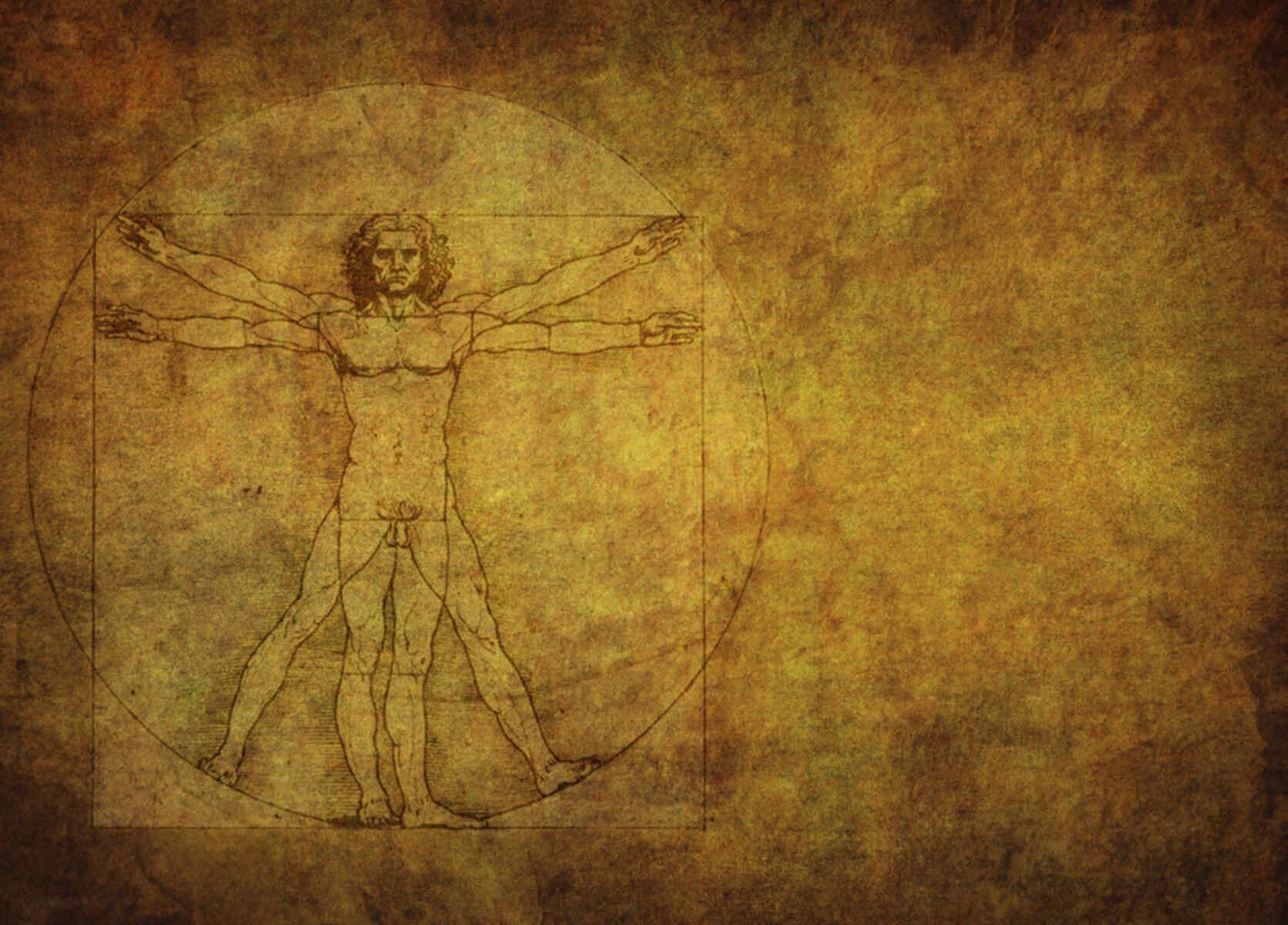
Today, we know a lot about our own bodies, and we take that knowledge for granted. I have always “known” that my brain is where my cognitive functions happen, to the extent that I subconsciously believe I can feel my thoughts swirling around inside my skull. But, of course, not everyone throughout human history would have felt the same. In her new ten-part BBC documentary series Bodies (weekdays 1.45pm, from Monday 18 January), the anatomist and TV presenter Alice Roberts asks us to let go of some of our fundamental assumptions about our bodies in order to appreciate how different civilisations throughout history understood the human form, and “escape our cultural lens”.
Describing the series as a “time-travelling tour where we’ll peer at the human body and find out about how anatomical knowledge has changed over time”, Roberts begins with an introductory episode that is perhaps a little too self-indulgent: there are extensive definitions and etymologies (“Body: probably inherited from Germanic; related to old High German botah, botech; the physical form of a person…”), rhetorical questions, and effusive praise of the wonders of anatomy as a subject, but little in terms of information.
[see also: BBC Radio 4’s One to One turns to creativity and failure]
But the instalments that follow are pleasingly brisk and lively. In the first five episodes, focusing on the classical world, Roberts canters through what we might be able to glimpse of the prehistoric understanding of the body through cave paintings or the human skulls used as drinking vessels; explains that the ancient Egyptians mixed supernatural beliefs with some of the earliest emerging medical knowledge; and paints a grimly vivid picture of the third century Alexandrians, who may have practised vivisection on criminals to learn more about the human body. It’s a shame every episode is interspersed with strangely hammy dramatic readings (several ancient manuscripts, for example, are read aloud in exaggerated Greek or Egyptian accents). Later episodes explore the medieval body, Leonardo da Vinci’s studies of anatomy, and the medical science of 17th century Holland.
Bodies
BBC Radio 4
This article appears in the 13 Jan 2021 issue of the New Statesman, American civil war






